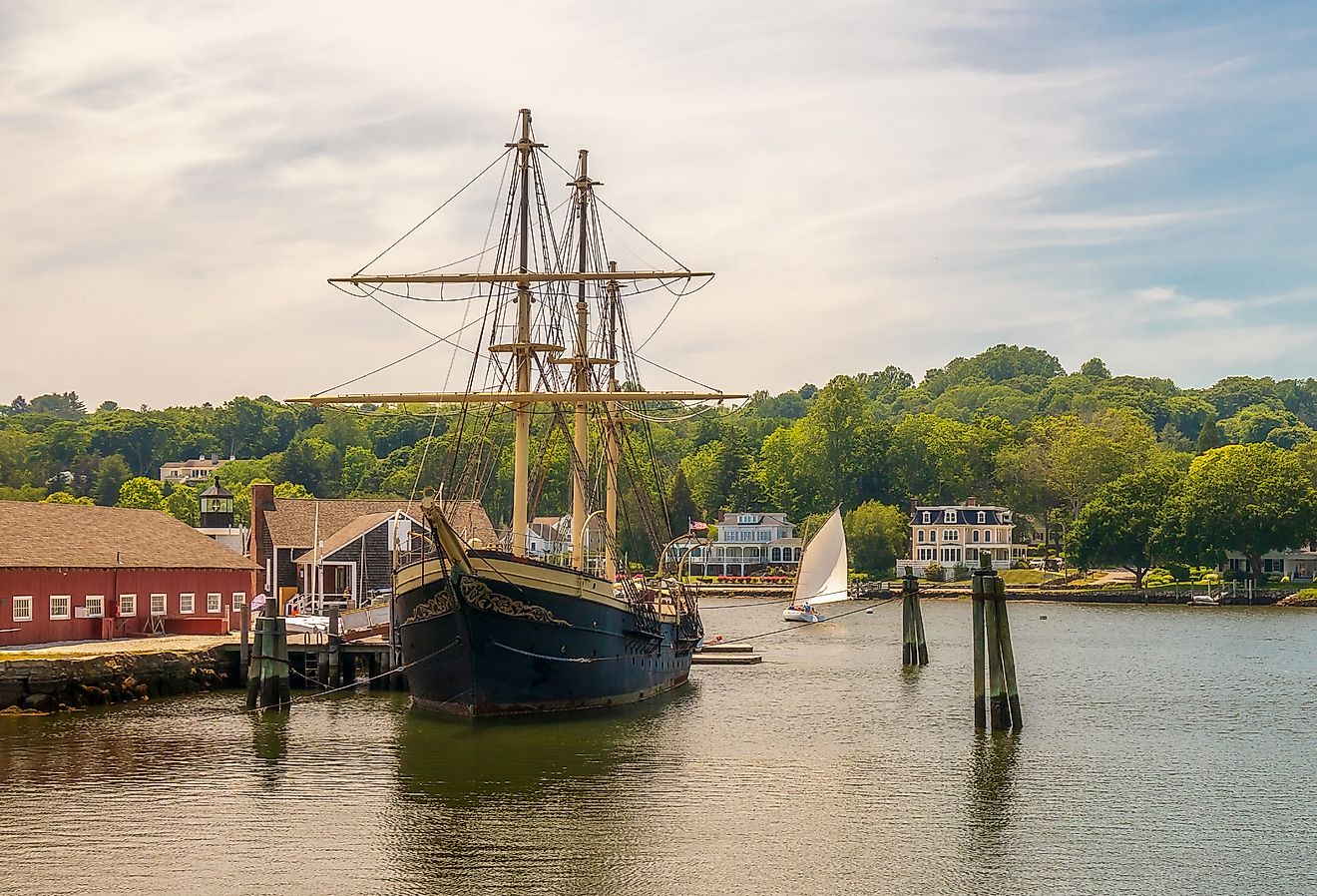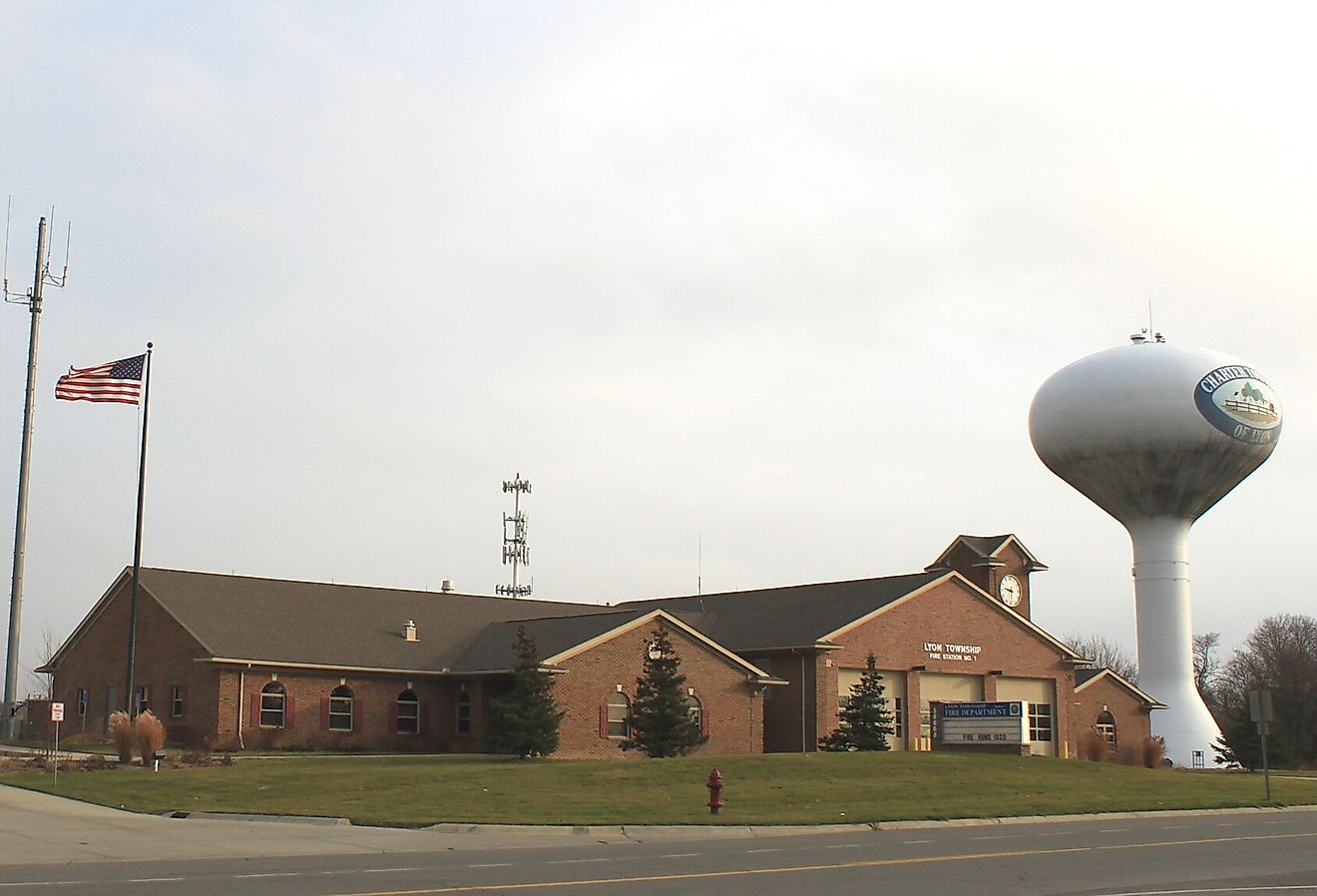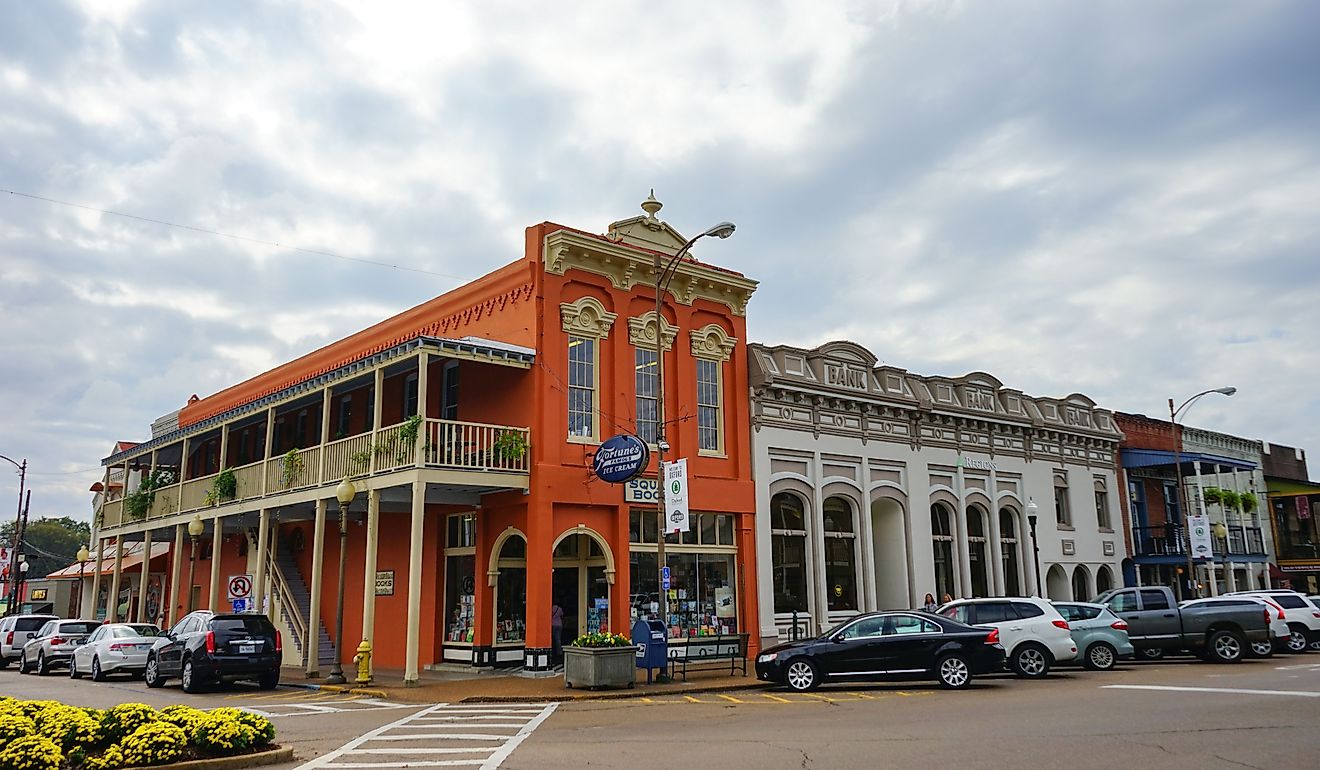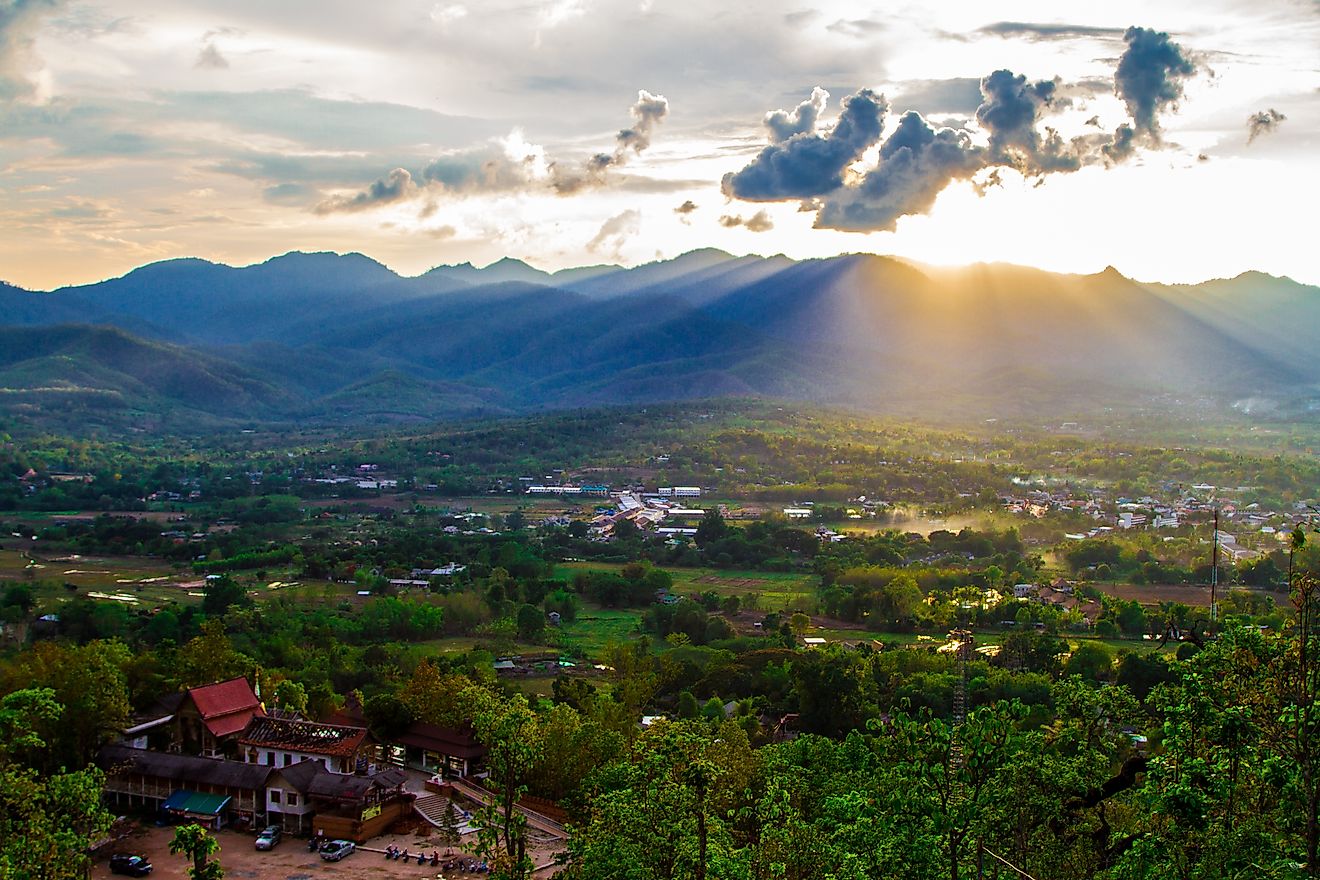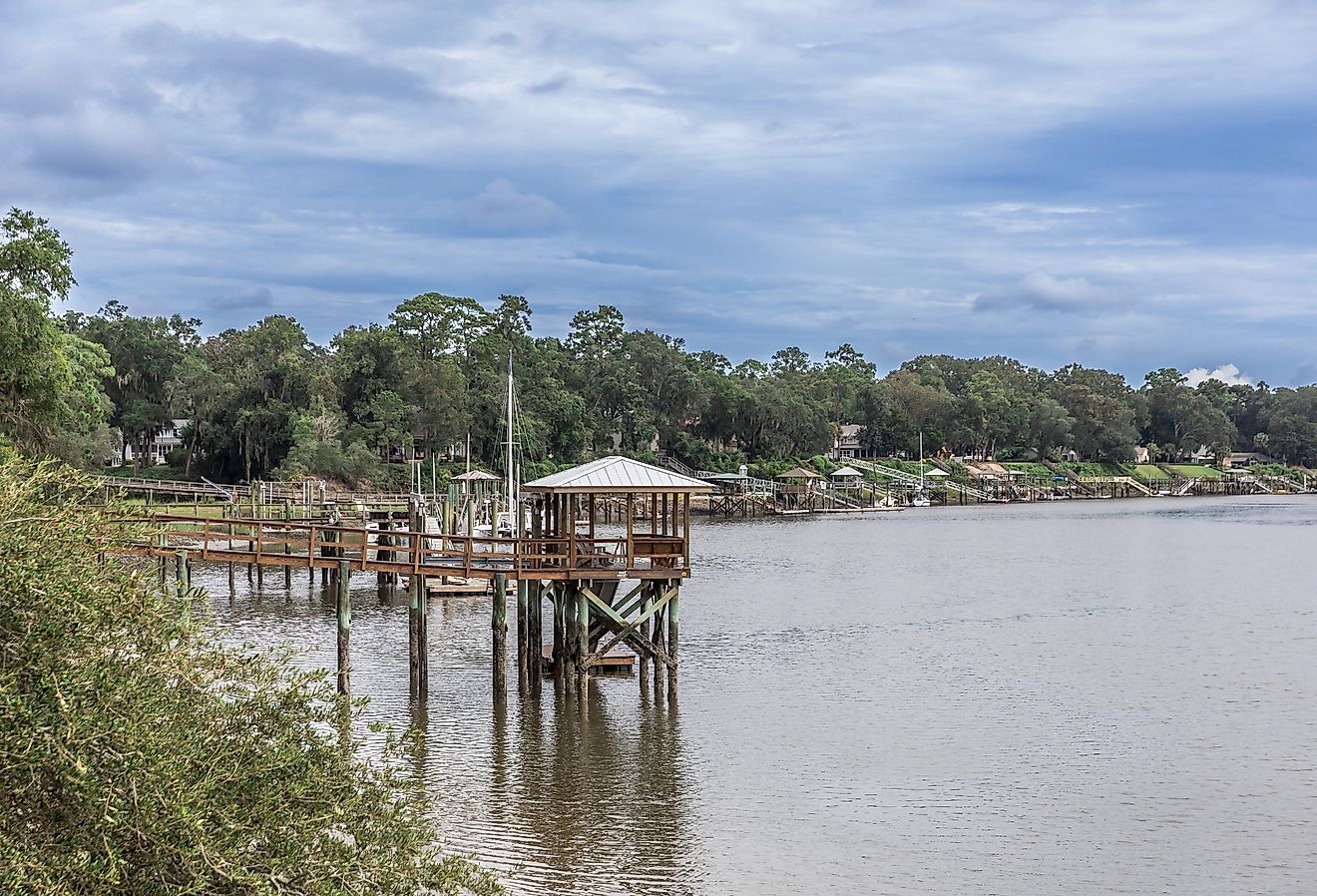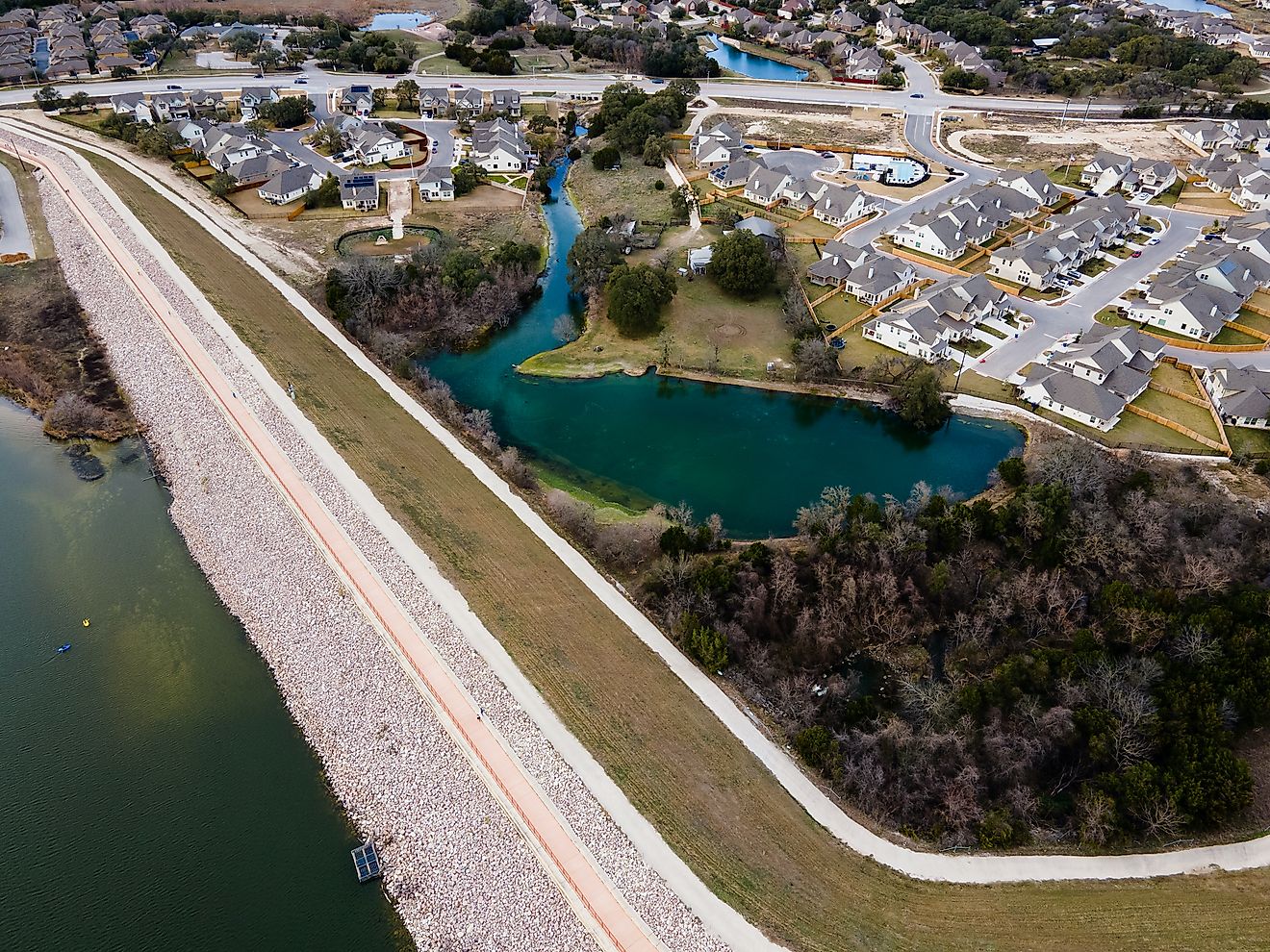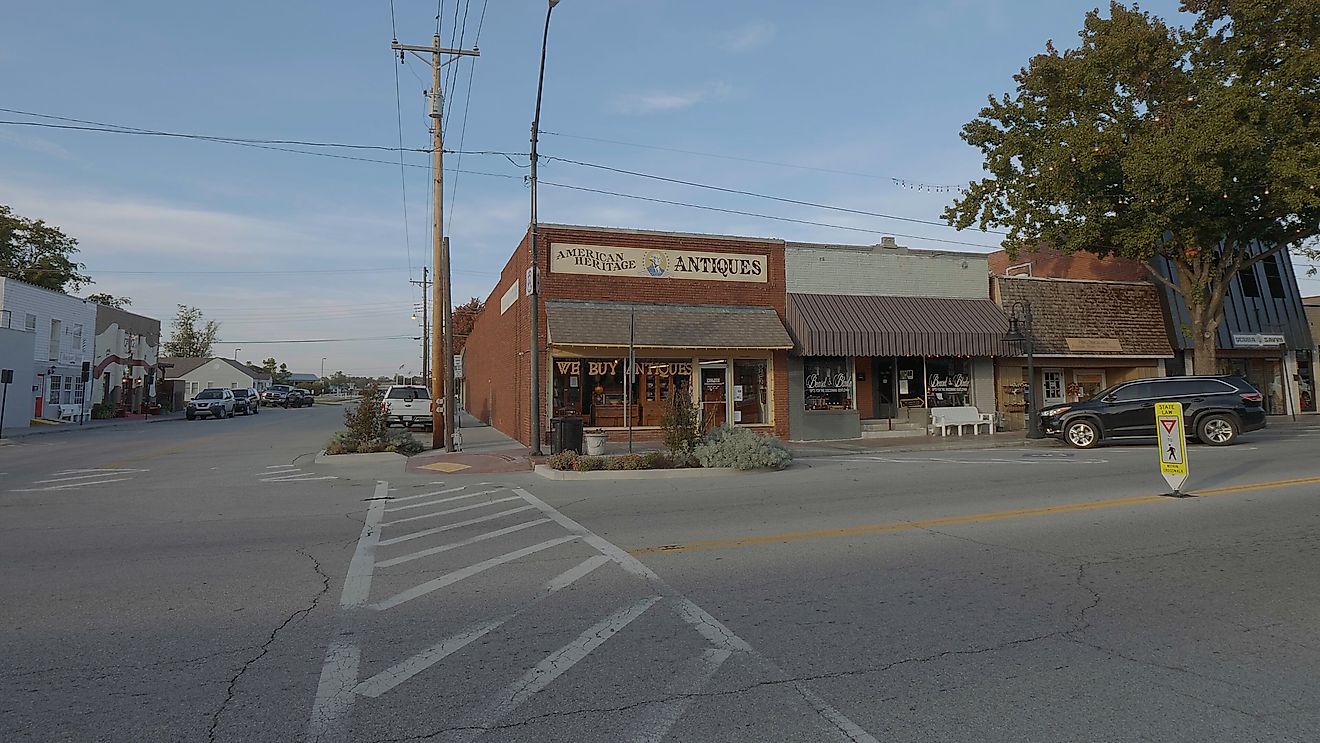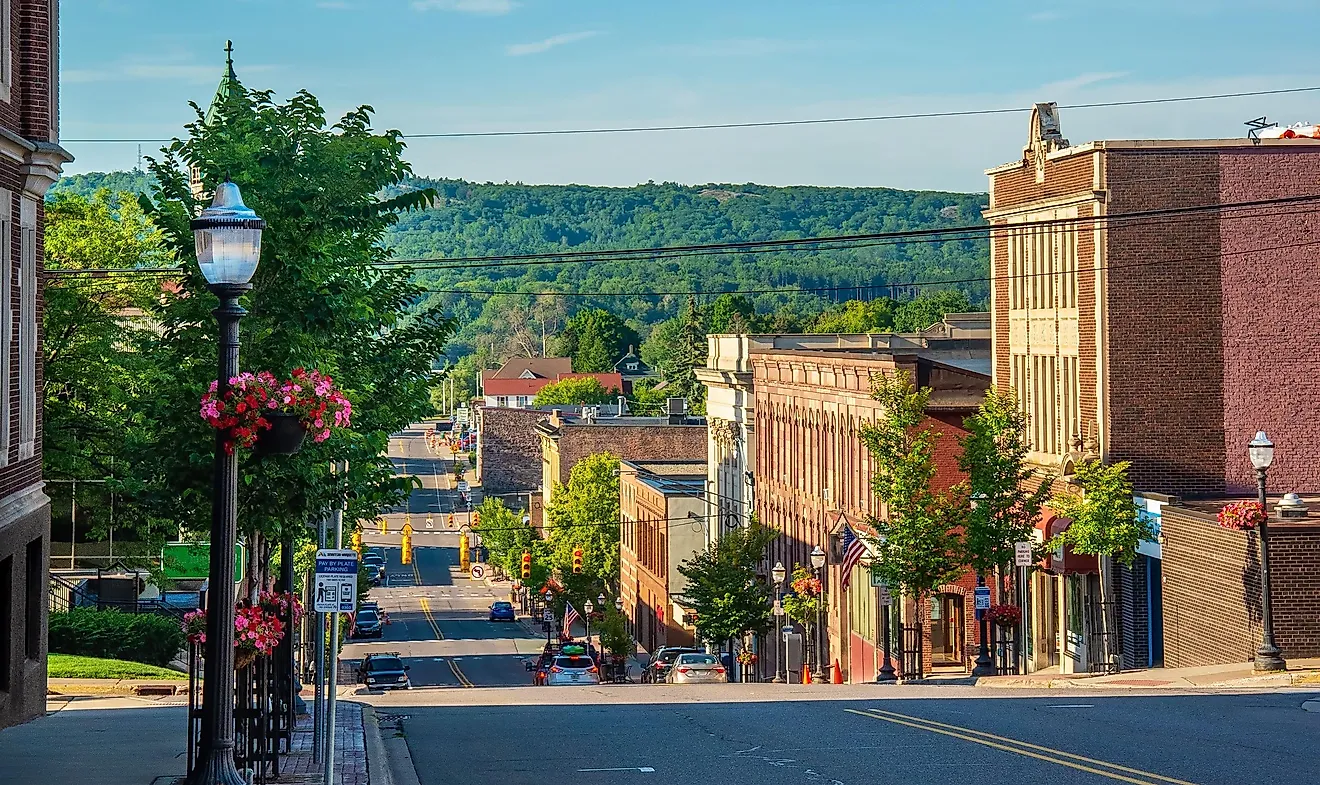What is the Brandenburg Gate?
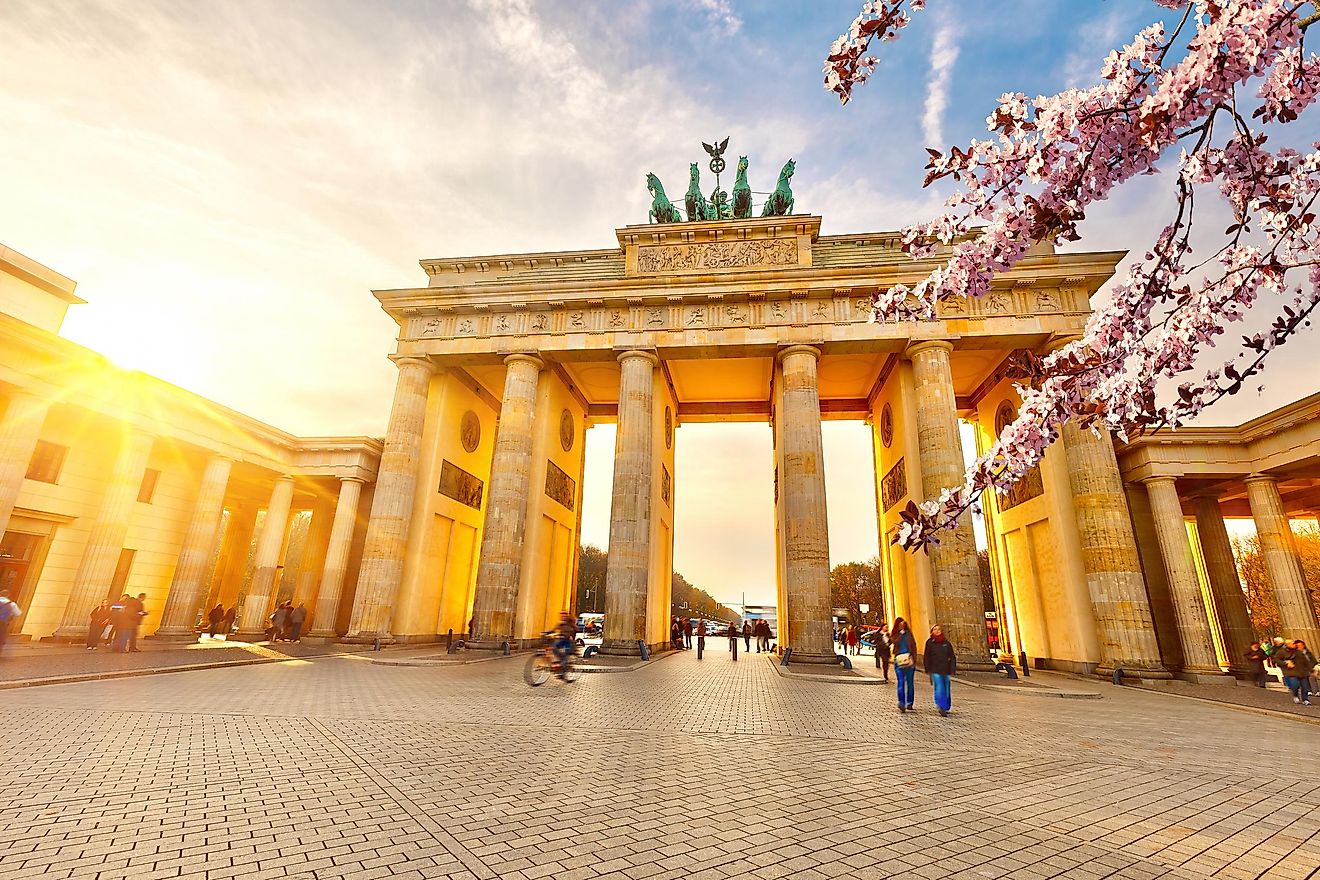
Construction Of The Brandenburg Gate
Construction of the Brandenburg Gate began in 1788 and was completed in 1791. It got commissioned of King Frederick William II of Prussia (1744-97) to serve as a symbol of peace and was built by the Prussian architect Carl Gotthard Langhans (1732-1808). The gate is made up of twelve Doric columns, a style dating back to ancient Greece and Rome. There are six Doric columns on each side, which form five passageways. At the top of the gate is another Roman inspiration, a statue of a Quadriga that faces east. A Quadriga is a chariot drawn by four horses. Riding on the chariot was the Greek goddess of peace Eirene, wearing a laurel wreath.
Pre-World War II Historical Events
On October 1806, the French defeated the Prussians at the Battle of Jena-Auerstedt as part of the War of the Fourth Coalition (1806-07) during the greater Napoleonic Wars (1803-15). After this decisive Prussian defeat, Napoleon used the backdrop of the Brandenburg Gate for his triumphal procession through the city, while also taking the Quadriga and shipping it to Paris. After Napoleon's first defeat in 1814, the Prussians occupied Paris and returned the Quadriga to Berlin. Upon its return it got redesigned by Prussian architect Karl Friedrich Schinkel (1781-1841). The goddess got transformed from Eirene to the Roman Goddess of victory, Victoria. This got done by giving her a wreath of oak leaves and adding an Iron Cross and Prussian eagle to her lance. On January 30 1933, the Nazis use the Brandenburg Gate for the first time as a party symbol. That evening was when Adolf Hitler (1889-1945) got appointed chancellor and a torchlight procession took place in Berlin with thousands of brown shirts and SS members passing under the Brandenburg Gate to go to the presidential palace to celebrate.
Post World War II Historical Events
The Brandenburg Gate survived World War II (1939-45), but was badly damaged. Following the war the allied government of West Berlin and Soviet government of East Berlin worked to repair the gate, but Cold War tensions soon halted these early efforts. When the Berlin Wall was constructed in 1961, free travel through the gate halted and was replaced with a Berlin Wall crossing point. In June 1963 John F. Kennedy (1917-63) went to West Berlin and gave a speech steps from the Brandenburg Gate, giving his famous line in German, "I am a Berliner." Twenty-four years later in June 1987, Ronald Reagan visited Berlin for the second time. He gave his speech at the Brandenburg Gate and gave his now infamous line, "Mr. Gorbachev, tear down this wall!" The Berlin Wall finally fell on November 9, 1989. A month later the Brandenburg Gate border crossing was officially reopened. In 1990 renovation work got done on the gate, but it was not until 2000 that the Brandenburg gate was fully refurbished. It took almost two years for this extensive refurbishment to be finished.
